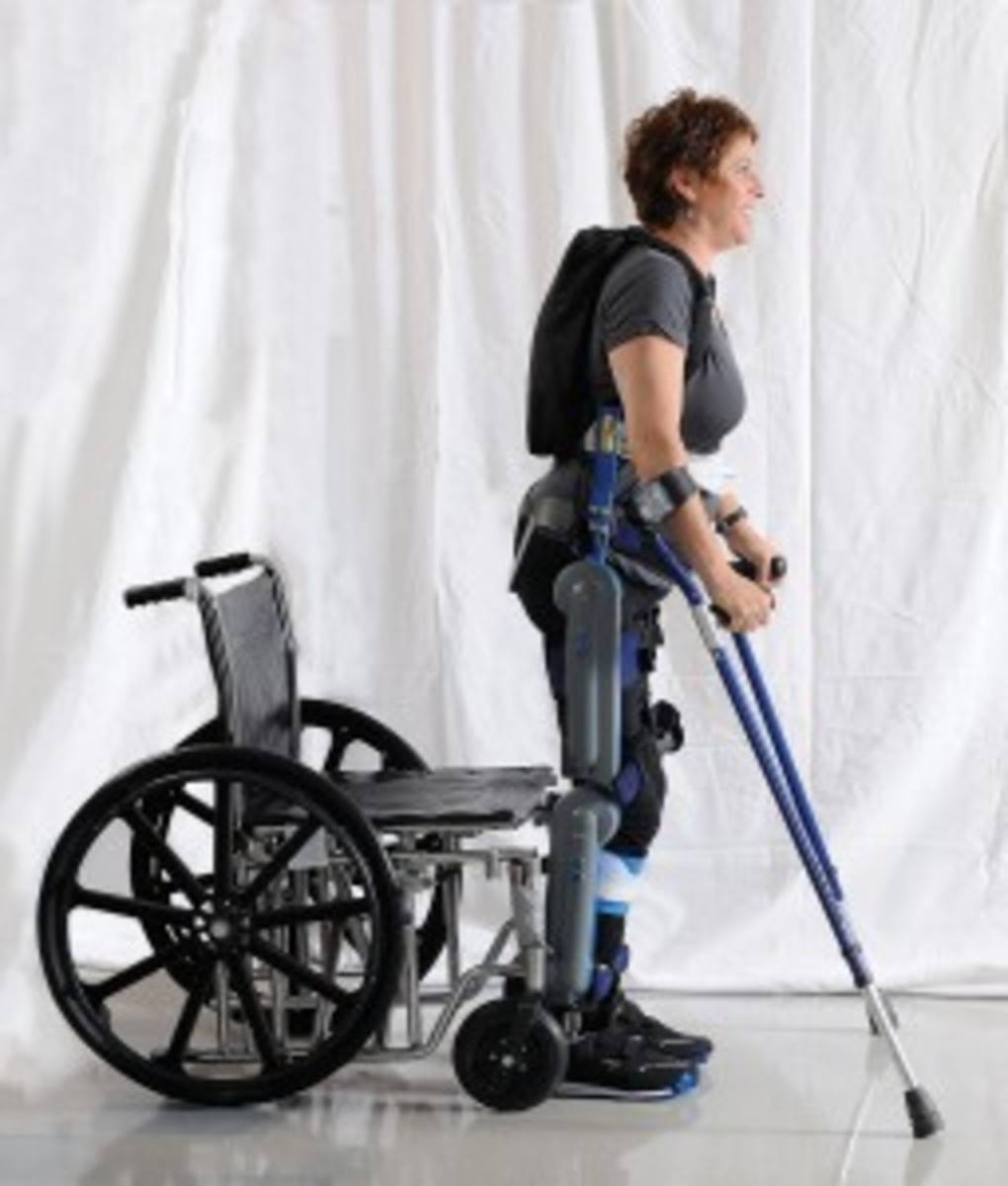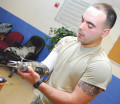Occupational Therapy And You
What is Occupational Therapy
I remember when I was an occupational therapy (OT) student, there was a lot of discussion concerning the meaning of OT and whether the name really suited the profession. Many students and therapists argued that the name should be changed, because it implied occupation, which often leads people to think that we are in the business of finding jobs for patients. I have often had patients ask me, "Can you find me a job?" Depending on the setting, my answer may go something like this: "No, I can't, but I may be able to help you search for something for which you are suited."
What then is Occupational Therapy
Occupational Therapy (OT) is a branch of the rehabilitation profession, that has "occupation", or "purposeful activity" as its main principle. The concept was started in the 1700s, by two gentlemen, Phillipe Pinel (a French physician, philosopher, and scholar) and William Tuke (an English Quaker) who challenged the attitude of society toward to the mentally ill. Pinel embarked on a new form of treatment for this sector and called it "Moral Treatment and Occupation." The latter was described as "man's goal- directed use of time, energy, interests, and attention".
It was soon obvious that patients' depression lifted and symptoms disappeared much faster when given arts and crafts to occupy their "time, energy, interests and attention." Later, in the 1900s, Susan Tracy, a nurse, began training nurses in the use of therapeutic activity as a form of treatment. Tracy invented the title "Occupational Nurse" for graduates of her course, and the practice itself came to be known as "Occupational Work." Finally, in March 1917, the National Society for the Promotion of Occupational Therapy (NSPOT) was founded.
The profession later became more aligned with the medical profession and more scientific in its approach. This was in part, aided by WWII, which saw many disabled soldiers needing rehabilitation. OTs were now treating physically as well as mentally-disabled patients and continue to do so today. Over the years, the profession continued to evolve, and today the scope of OT has broadened to include pediatric, geriatric, orthopedic, neurological as well as ergonomic practice. With such a diverse population, OTs can be found in schools, hospitals, clinics, nursing homes, industries and in the community.
OT is now an important adjunct in the treatment of most illnesses, and takes a holistic approach to treatment. This means that if someone comes in with a stroke, the OT looks at the whole person - not just his present condition, but his prior level of functioning, his lifestyle, the environment in which he operates and his goals. Only after this is done, does the OT draw up a list of goals in conjunction with the patient and/or his caregiver. Based on these goals, a program is designed with the unique needs of the patient in mind. Such a program (for the stroke patient) will include retraining in Activities of daily living or ADLs as it is popularly known, bed mobility, transfer training, muscle reeducation and the use of adaptive equipment if necessary. Driver's education may also be included.
OT has come a long way from the days when treatment centered around arts and crafts, although this may still be employed in the mental health setting. Use of physical agent modalities, such as hot and cold packs, ultrasound, e-stim and other devices are used to manage pain and help loosen tight muscles and joints. Range of motion exercises, hydrotherapy and other therapeutic activities are also taught. Notice, I use the word "taught", and not given, because the patient is expected to acquire the tools that would equip him to either return to his prior level of functioning, or maximize his independence within his disability.





